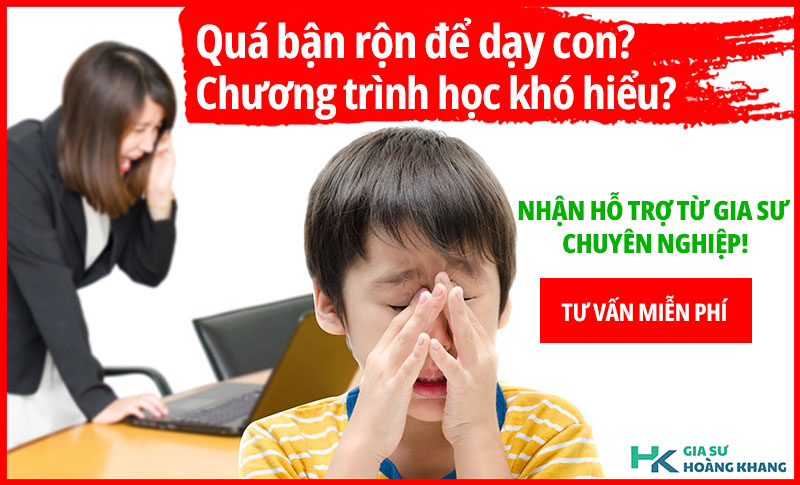Ex1:
Coronavirus germs live in people’s throats and mouths. When someone who has the coronavirus coughs or sneezes or breathes out, the germs come (17) _____ their mouths in tiny drops of water.
Though you can’t see the germs, you can sometimes see these tiny drops. In cold weather, they make a cloud of steam! So if someone else (18) _____breathes in the air with the coronavirus germs in it, they will probably get the illness.
It’s easy to get the coronavirus germs from inside your body on your hands (19) _____ you touch your nose or your mouth. If the person with the coronavirus germs on their hands uses a door, the invisible germs can live on the handle for hours. When someone else opens the door, they (20) _____the germs on their hands, too. And if they touch their nose or mouth, the germs can get into their body. So you can also catch the coronavirus by touching things that someone with the virus has already touched.
Question 17. A. into B. out of C. to D. out
Question 18. A. accidentally B. generally C. decisively D. usually
Question 19. A. what B. when C. which D. unless
Question 20. A. make B. bring C. get D. search
Ex2:
In a typical family in Japan, different members have their roles and responsibilities to perform. The father is the head of the family. He takes care of his family by earning a living, guiding the children, and making the final decisions that affect the family. He helps the mother manage the household and is responsible for the hard stuff like lifting heavy things and repair work like fixing plumbing and electricity.
The mother is usually the manager of the household. She takes care of the children and supervises household tasks. She also helps to earn a living and (help) make decisions affecting the family. She plans the menu, does the shopping, and prepares the family meals. She either supervises or does house cleaning, laundry, ironing and other similar tasks. Today, however, both mother and father can share roles in homemaking and breadwinning.
The son in the family assists the father with some household activities such as doing simple home repair. He helps the mother in the kitchen and with other household tasks. He also assists with other activities in the home like taking care of younger brothers or sisters, watering the plants, and cleaning the house.
The daughter in the family helps the mother to do some of the household tasks like grocery shopping, cooking, washing dishes, cleaning, and keeping the house tidy. She also helps in taking care of the younger brothers or sisters. She may assist brother in other household tasks like doing the laundry.
In short, every member of the family should do some kinds of household work, considering his or her age and health condition, and contribute to making the home a beautiful and happy place to live in.
Question 21. The role of the father in a typical family in Japan is _________.
A. homemaker B. housewife C. breadwinner D. housekeeper
Question 22. The word “assists” is the closest in meaning to __________.
A. gives B. helps C. does D. makes
Question 23. What does the mother in Japan NOT do?
A. She contributes to earning a living
B. She also helps to make important decisions
C. She runs the family
D. She takes responsibility for fixing plumbing and electricity.
Question 24. According to the writer, it’s advisable that __________.
A. Parents in the family should share household duties
B. The husband should do all the housework.
C. All members of the family should do the sharing of household tasks.
D. Parents should share housework with their children
( Em ko cần giải thích cần đáp án thôi càng nhanh càng thôi ai trả lời trước cho hay nhất ạ)


$Exercise 1:$
$17/~D.~$out
$18/~A.~$accidentally
$19/~B.~$when
$20/~C.~$get
$Exercise 2:$
$21/~C.~$breadwinner.
$22/~B.~$help.
$23/~D.~$She takes responsibility for fixing plumbing and electricity.
$24/~C.~$All members of the family should do the sharing of household tasks.
Bạn Tham Khảo Nhoa
CHÚC BẠN HỌC TỐT ^^
# NO COPY
NPQAn